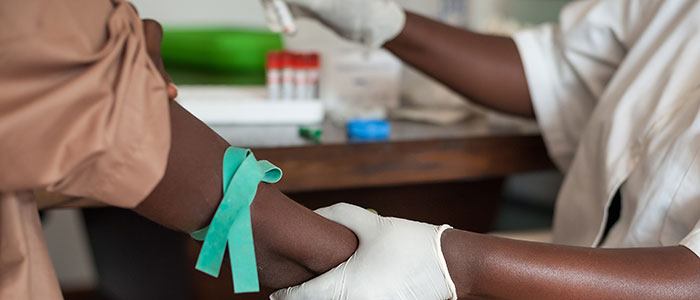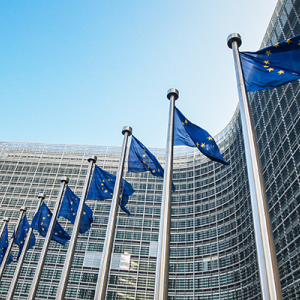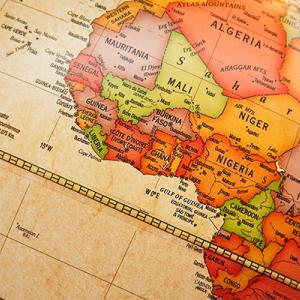Donors have said they will provide a combined $12.9bn to the fund to tackle the epidemics over the next three years, with the US ($4.3bn), the UK ($1.4) and France ($1.2) leading the way.
The Global Fund, a public-private partnership that aims to accelerate the elimination of its three target diseases by delivering performance-based funding, holds replenishment conferences every three years.
The most recent replenishment conference, which took place in Canada on Saturday, raised almost $1bn more than the last one in 2013.
The fund said the commitments would save eight million lives, avert 300 million infections and help build sustainable systems for global health.
“We can end these epidemics for good if we accelerate our efforts and continue to bring in new partners,” said Canadian prime minister Justin Trudeau, who hosted the conference.
Canada increased its own contribution by 23%, to $612m, while Japan upped its pledge by 46%, when measured in yen, compared to last year. Germany ($893m), the European Commission ($530m) and Norway ($242m) raised their contributions by 33%, 30% and 18% respectively.
Many new partners pledged for the first time this year, including several low- and middle-income countries. Kenya, for example, announced it would provide $5m. Private sector contributions also more than doubled.
Advocacy and policy group The ONE Campaign welcomed the contributions. Its co-founder and lead singer of U2, Bono, described said the commitments could mean a “knock-out punch” to the “three deadliest killers of our time”.
ONE’s interim UK director, Saira O’Mallie, also specifically welcomed the “shrewd investment” announced by the UK’s new secretary of state for international development, Priti Patel.
She said the commitment sends “a strong signal that Britain continues to be a leader in global development”. The appointment of Patel, who has in the past been vocally sceptical about the UK’s aid commitments, had left some concerned about the future of the UK’s humanitarian and development work.
The UK’s 2016 investment, however, does still bear the hallmark of the country’s new aid leader. Britain’s pledge will for the first time be subject to a performance agreement, whereby the UK will withhold 10% of the funds if performance targets are not met.
Patel said that even some of the best performing international aid institutions like the Global Fund “can improve and deliver better value for taxpayers and those in need”.
Since being established in 2002, the fund has saved 20 million lives and averted 146 million new infections since 2012. Programmes it supports have put 9.2 million people on antiretroviral treatment for HIV, provided 15.1 million people with treatment and distributed 659 million mosquito nets to protect families from malaria.
Mark Dybul, executive director of the Global Fund, said: “We have the knowledge and the tools to end HIV, TB and malaria by 2030, but we need to invest smartly and with focus to make it happen.”













